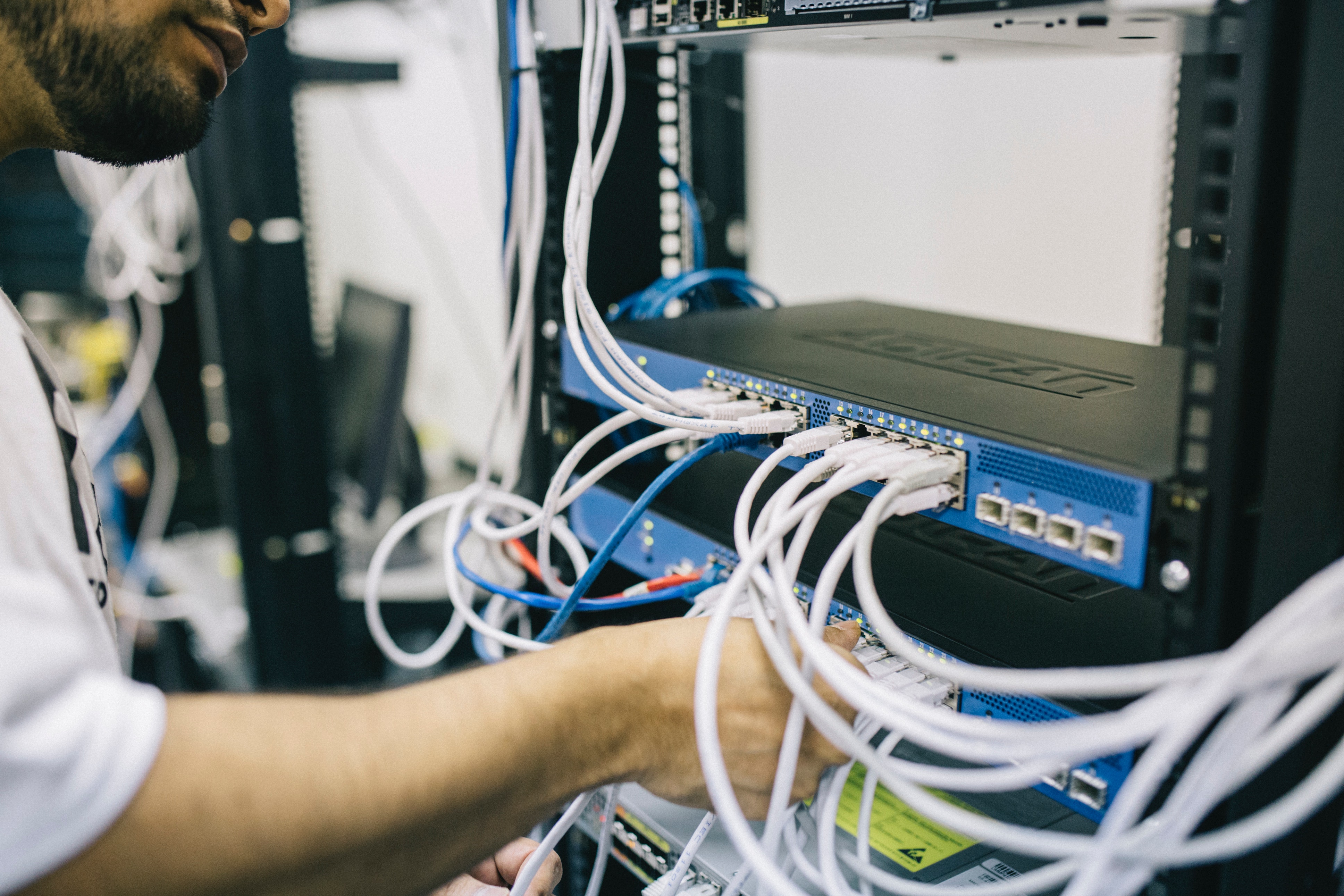
There are networks. They need managed. We have network managers, and they manage networks. But it the world does all this mean?
Networks
Your computers and devices have a network. Your phones, printers, tablets, speakers, fax machine, desktops, webcams, laptops, servers, monitors, routers, and the other devices all need to be able to be used together, to communicate with each other, or operate at the same time. Many pieces of hardware communicate via different protocols, need different amounts of power or data, or have different priority levels. Your network is the complex system that allows all these things to run smoothly, together or in parallel.
Network Management
Networks do not always run smoothly after initial set-up. In fact, they pretty much never do. This is partially because of the continuous stream of software updates that change how hardware performs, the ongoing presentation of new security risks and human error. Networks need monitored for performance issues and security breaches or risks.
Network Managers
The person that does the upkeep tasks for your network can be an employee of your company, a person you found on Craigslist, or you can outsource with an IT Expert who provides Managed Services. If they only respond to emergencies and failures of the system, they are not a Network Manager. Real network management is proactive, monitoring and assessing performance and taking action to keep the system functioning optimally and ready for current security threats. A network manager can find problems and potential problems before they affect you.
If you use technology in your business, almost definitely you have a network. Having a network manager is an important step to ensuring that your business can continue accomplishing your goals around the clock. For information about having an outsourced team of experienced network managers looking after you, contact Grundig IT today.
